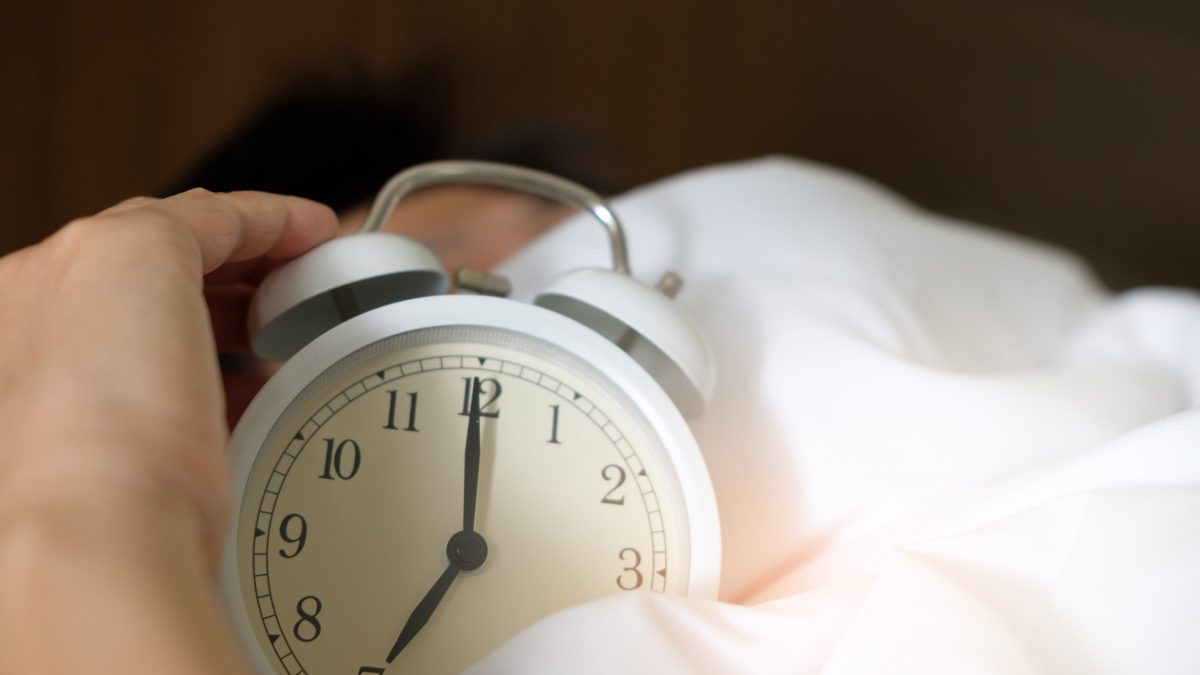Sleeplessness in times of quarantine
Sleeplessness in times of quarantine

Today, a stage of global confinement is underway to decrease the number of COVID-19 infections. This means that large numbers of people have to stay at home and avoid contact with people outside their house as much as possible. Due to this, people’s daily routine has been affected, and a problem that seems to be emerging is insomnia, which is a sleep disorder that hinders the ability to sleep.
This condition is related to stress, light exposure, lack of physical activity and / or caffeine consumption. For this reason we share a series of tips to help you fall asleep more easily:
1. Avoid consuming caffeine or high sugar foods 2 hours before bed.
2. During the day exercise at least 30 minutes and eat healthy.
3. Avoid exposure to bright light before sleeping. This will help the production of melatonin, which is a hormone that helps induce sleep.
4. Stimulus control. It refers to using your bed only when you go to sleep to help your brain relate this to rest (don’t use it for eating, doing homework, or other activities that don’t require it).
5. Implement a relaxation routine 30 minutes before sleeping. During quarantine we carry out activities that perhaps do not require too much physical effort, but rather mental (work at home, social isolation, home school, etc.), so it is necessary to have a routine that allows you to free your mind and induce sleep: take a bath with warm water, aromatherapy, listen to soft music and do breathing exercises.
Reference:
Altena, E., Baglioni, C., Espie, C. A., Ellis, J., Gavriloff, D.,
Holzinger, B., … & Riemann, D. (2020). Dealing with sleep problems
during home confinement due to the COVID‐19 outbreak: practical recommendations
from a task force of the European CBT‐I Academy. Journal of Sleep Research.
As a result, the medical information provided in the site which you are going to visit may not be appropriate for product use in your country.
